publication-type: Report
-
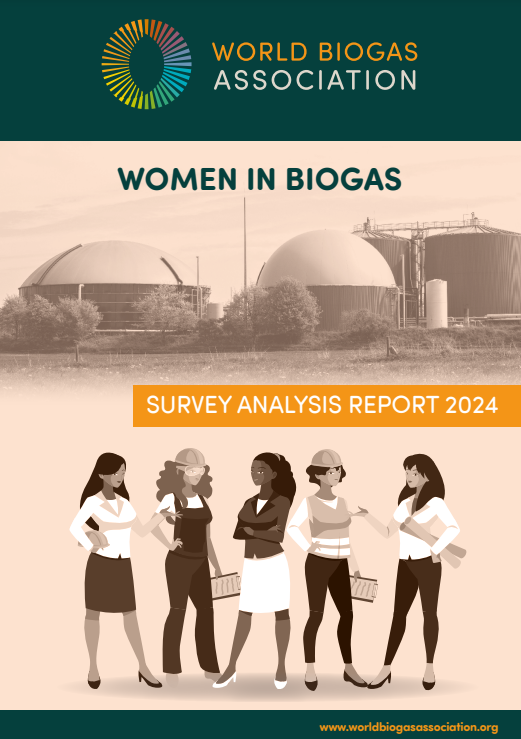
Women in Biogas. Survey Analysis Report 2024
This report explores the current state of gender representation in the biogas sector and highlights initiatives and policies needed to enhance female participation and leadership. It explores how women interact with the biogas sector as participants. Specifically, it analyses the progress and current place of women in the biogas industry relative similar industries
-
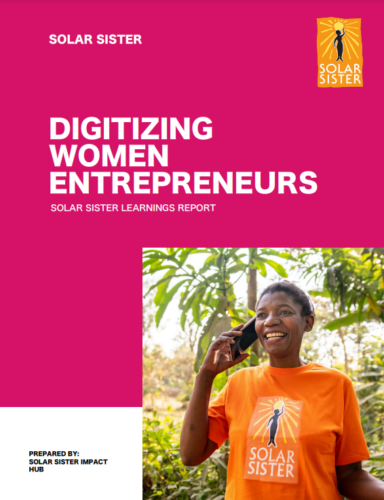
Digitizing Women Entrepreneurs
As the world becomes more digital, women are being left behind. According to reports from UN Women, the digital gender divide is particularly pronounced in developing regions, where women are 20% less likely than men to be online, and 30% less likely to have access to a smartphone. It is estimated that by 2030, 230…
-
Gender Equality and Social Inclusion: Lessons and Good Practices from Clean Cooking Programs
Higher-tier clean cooking (HTC) markets are growing globally and have the potential to address the various harmful impacts of inefficient and polluting cookstoves that are a major cause of deaths among women and children.
-

Climate Resilience Project. Performance & Impact Report
Solar Sister’s network of more than 11,000 Solar Sister Entrepreneurs bring climate-resilient technologies to their communities while building a pathway to prosperity for themselves and their families through entrepreneurship. The communities Solar Sister works in often face immense barriers to accessing economic opportunities including gender disparity, economic and political instability, and climate disaster. Solar Sister…
-
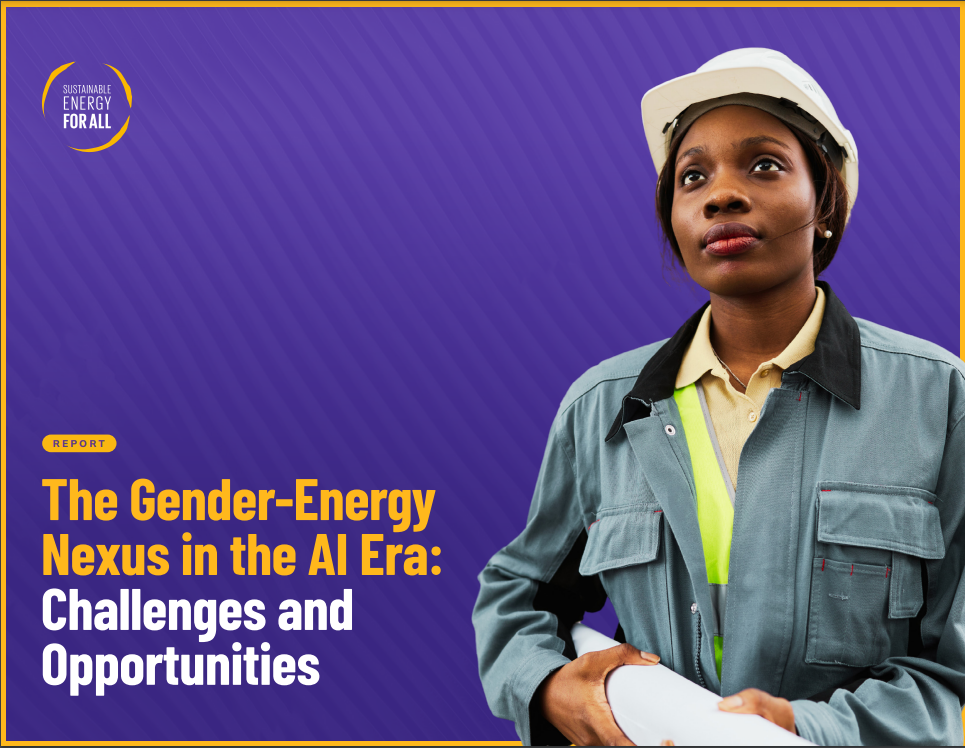
The Gender-Energy Nexus in the AI Era: Challenges and Opportunities
The intersection of gender, energy and Artificial Intelligence (AI) presents both challenges and opportunities for achieving gender equality and sustainable development. AI can be a critical enabler in accomplishing 134 of the 169 targets under the framework of the Sustainable Development Goals (SDGs), with over 600 AI-enabled use cases identified. However, the impact of AI…
-
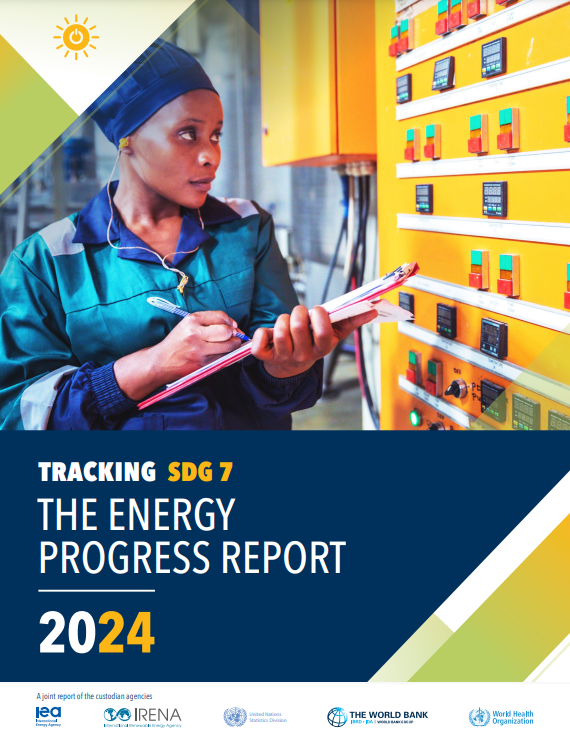
Tracking SDG 7 – 2024 Report
Since its inception in 2018, Tracking SDG 7: The Energy Progress Report has become the global reference for information on progress toward the achievement of Sustainable Development Goal 7 (SDG 7) of the UN 2030 Agenda for Sustainable Development. The report is produced annually by the five custodian agencies responsible for tracking progress toward the…
-
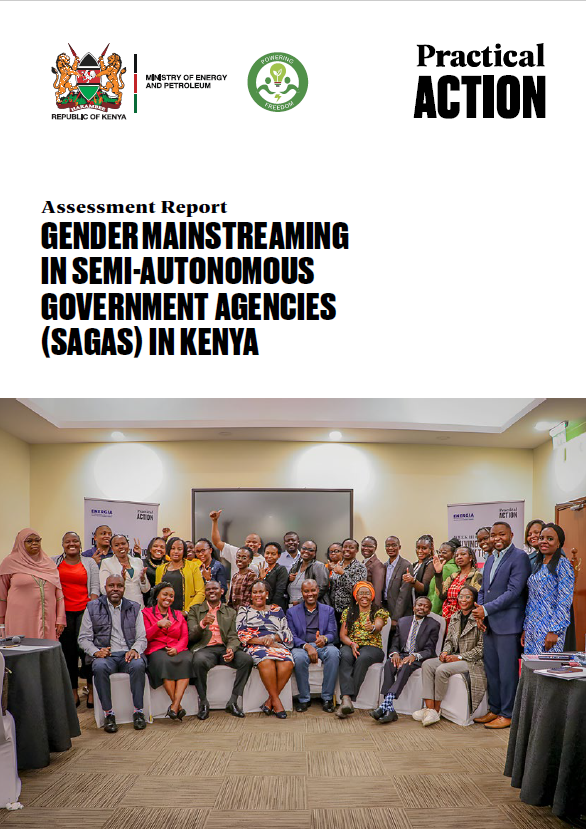
Assessment Report: Gender Mainstreaming in Semi-Autonomous Government Agencies (SAGAS) in Kenya
This report is an assessment of the extent to which the institutionalization of gender mainstreaming has been achieved. It also identifies the successes, challenges, and opportunities for further intervention. The report is divided into seven sections: Section 1 describes the background, context and objectives of the audit. Section 2 describes the methodology, including the inception…
-
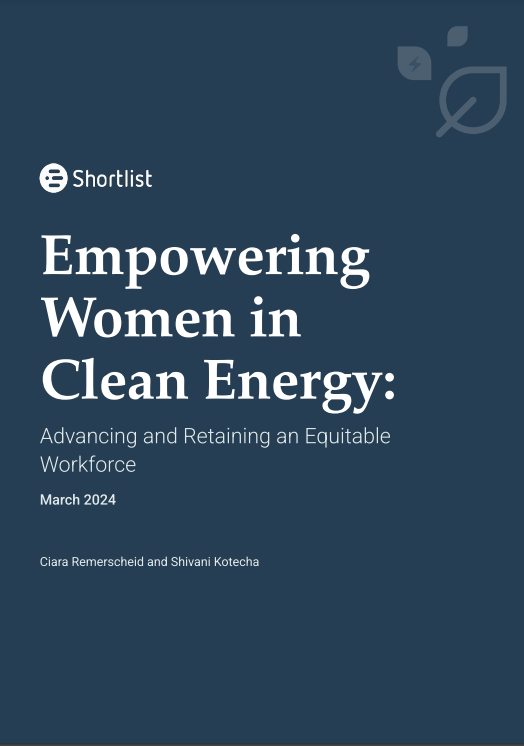
Empowering Women in Clean Energy: Advancing and Retaining an Equitable Workforce
Women are increasingly taking on leadership roles in the renewable energy sector, establishing businesses as energy producers, distributors and service providers. Women are also taking on an increasing number of roles at the entry level in clean energy companies across Africa – in fact, more women make up roles in renewable energy than the traditional…
-
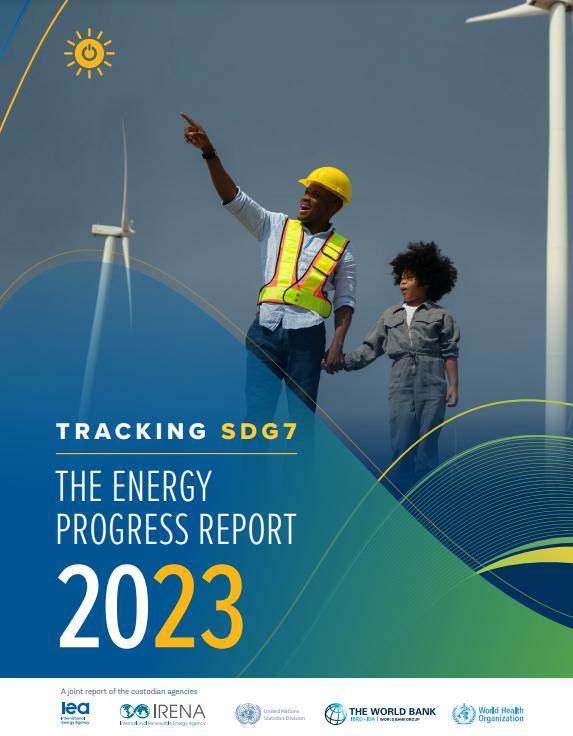
Tracking SDG 7 – 2023 Report
Since its inception in 2018, Tracking SDG 7: The Energy Progress Report has become the global reference point for information on the realization of SDG 7. It is produced annually by five of the custodian agencies responsible for tracking global progress toward Sustainable Development Goal 7 (SDG 7), which is to “ensure access to affordable,…
-
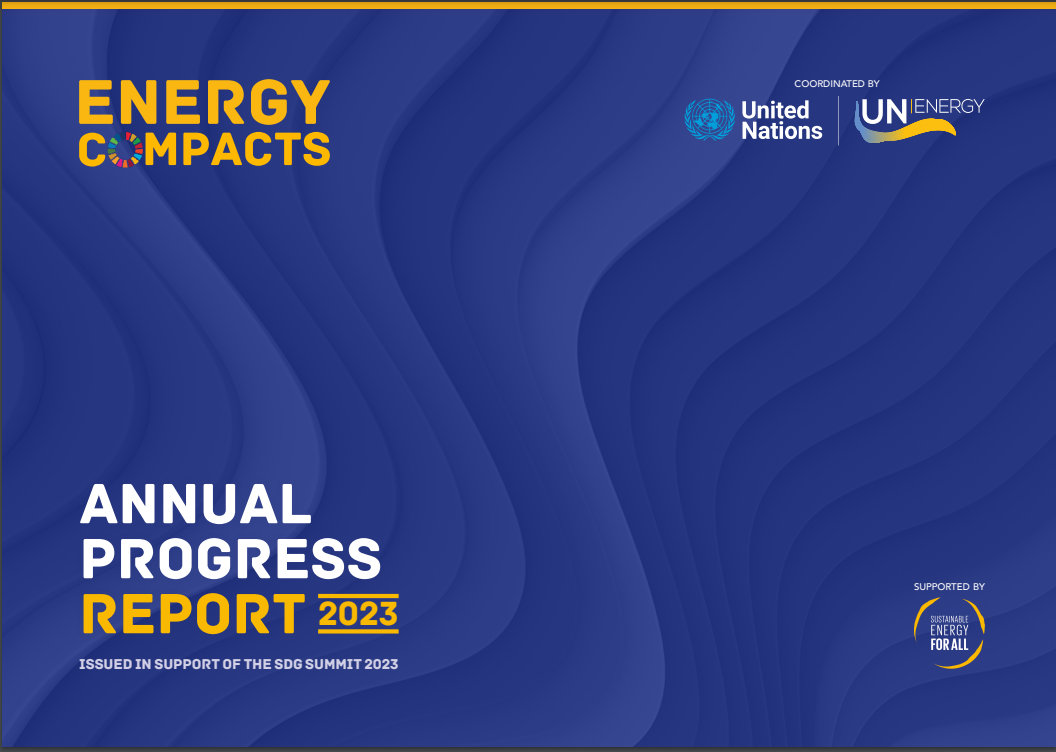
Energy Compacts: Annual Progress Report 2023
Foreword In an era marked by unprecedented global challenges, from climate change to resourcescarcity, energy has emerged as the critical lever that can either propel humanity towarda sustainable future or entrench us in the perils of environmental degradation and socialinsecurity. At the mid-point of the 2030 Agenda, as we stand at this critical juncture, we…
-
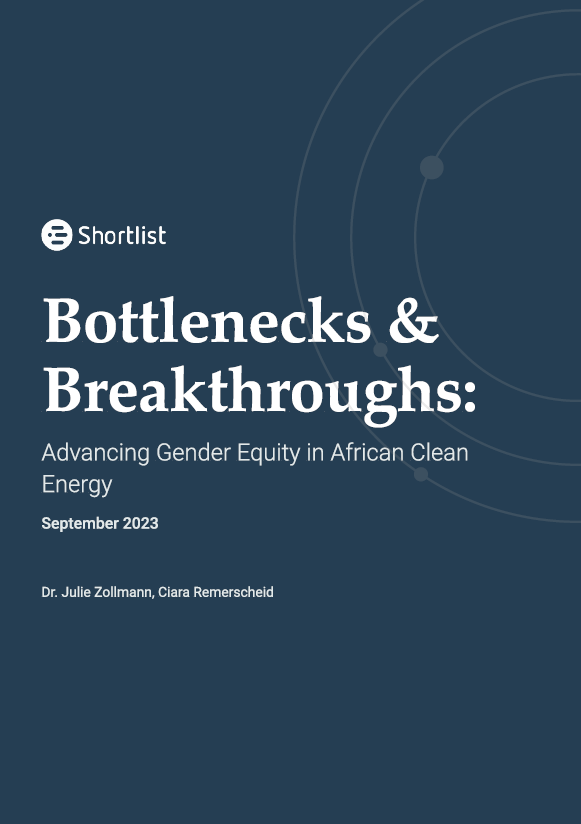
Breakthroughs: Advancing Gender Equity in African Clean Energy
Historically, employees in the African clean energy sector have been predominantly male – but that is slowly changing. Clean energy companies across Africa are making concerted efforts to diversify their workforces, making a particular effort to attract, hire, and retain women. Companies have broadened marketing approaches, innovated in how they manage applications and interviews, investigated…
-
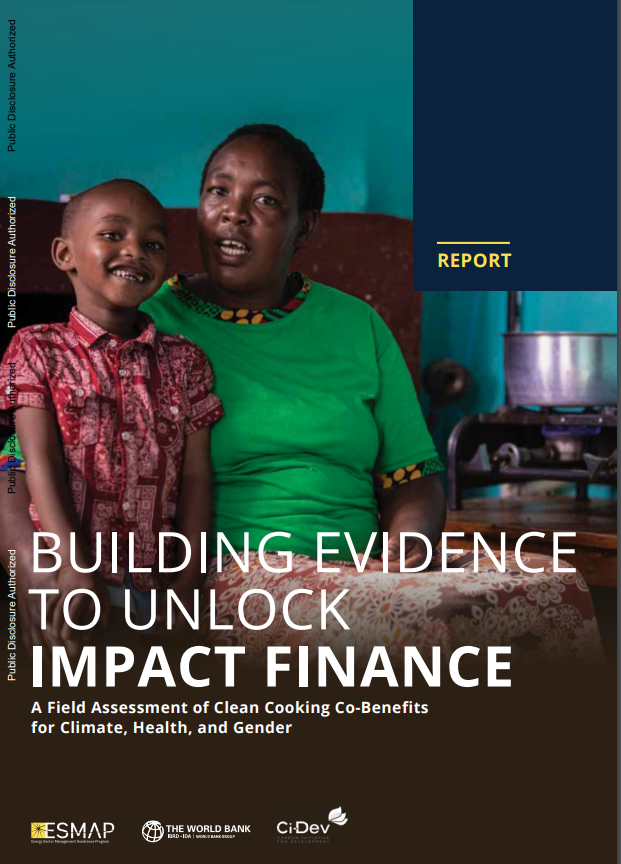
Building Evidence to Unlock Impact Finance
This report documents the findings from a field study that sought to build experience andevidence for quantifying the climate, health, and gender co-benefits from clean cookinginterventions.

